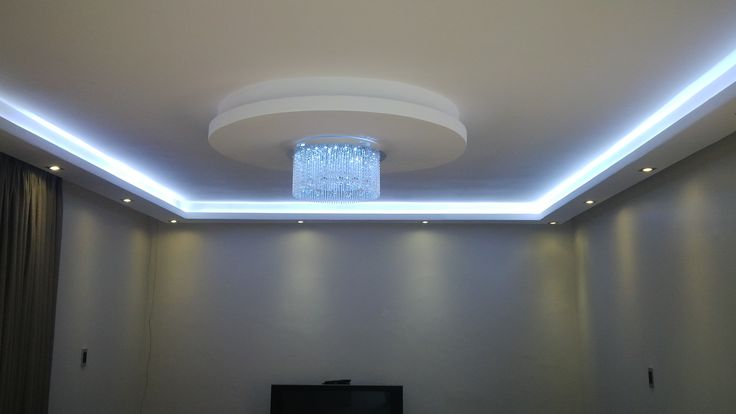LED lights have become increasingly popular light shop in Pakistan in recent years due to their energy efficiency and longevity. LED lights are a more sustainable and environmentally-friendly alternative to traditional incandescent bulbs and fluorescent lights. This article will discuss the benefits of LED lights in Pakistan, their availability and affordability, and their impact on the environment.
significantly less energy
LED lights use significantly less energy than traditional light bulbs, which translates into lower energy bills for households and businesses. This is particularly important in Pakistan, where energy costs have been on the rise in recent years. LED light shop are also much more durable and have a longer lifespan than incandescent bulbs, which need to be replaced much more frequently. This means that LED lights are a more cost-effective option in the long run.
In addition to their energy efficiency, LED lights are also better for the environment. They do not contain any harmful chemicals, such as mercury, which can be found in fluorescent bulbs. This means that LED lights can be safely disposed of and recycled, reducing the amount of hazardous waste in landfills.
One of the main concerns for consumers in Pakistan is the availability and affordability of LED lights. However, there are many options available in the market, and prices have come down significantly in recent years. LED lights are now widely available in hardware stores, supermarkets, and online retailers. They are also available in a variety of shapes, sizes, and colors, making them a versatile option for any home or business.
Another factor
that has contributed to the popularity of LED light shop in Pakistan is the government’s efforts to promote energy efficiency. The government has implemented a number of policies and initiatives aimed at reducing energy consumption and promoting sustainable development. This includes the distribution of energy-efficient appliances, such as LED lights, to households and businesses across the country.
Despite the many benefits of LED lights, there are still some challenges that need to be addressed. One of these is the lack of awareness among consumers about the benefits of LED lights and how they can be used to reduce energy consumption. This is an area where the government and private sector can work together to educate consumers and raise awareness about the benefits of LED lights.
In conclusion, LED lights are a sustainable and cost-effective option for households and businesses in Pakistan. They offer many benefits, including energy efficiency, durability, and environmental friendliness. With the availability of LED lights increasing and prices coming down, they are becoming an increasingly popular choice for consumers across the country. By promoting the use of LED lights, Pakistan can take an important step towards a more sustainable and energy-efficient future.
The use of LED lights can reduce energy demand and, therefore, the country’s dependence on imported oil and gas.
Furthermore,
the use of LED lights can improve the quality of life for people in Pakistan. Many parts of the country experience frequent power outages, particularly during the summer months. This can be particularly beneficial for businesses, hospitals, and schools, which require uninterrupted power supply.
Moreover, the use of LED lights can also help to reduce carbon emissions, which is a significant challenge for Pakistan. The country is one of the top 10 emitters of carbon dioxide in the world, largely due to its reliance on fossil fuels for energy generation. By switching to LED lights, Pakistan can reduce its carbon footprint and contribute to global efforts to combat climate change.
It is worth noting that the adoption of LED lights in Pakistan is not without its challenges. One of the main barriers to widespread adoption is the upfront cost of purchasing LED lights, which can be higher than traditional bulbs. However, this cost is offset by the longer lifespan of LED lights and the resulting savings on energy bills. In addition, the government can provide incentives, such as subsidies or tax breaks, to encourage the use of LED lights.
By embracing this technology, Pakistan can take a step towards a more sustainable and resilient future.


